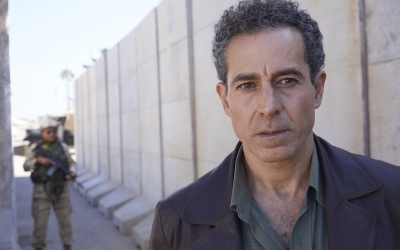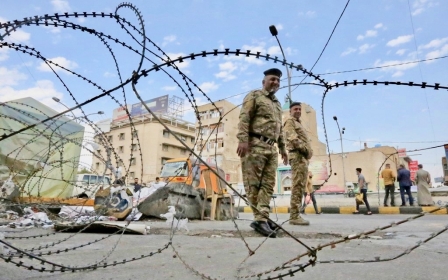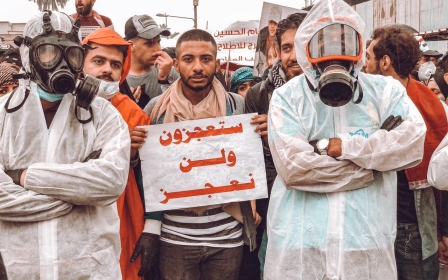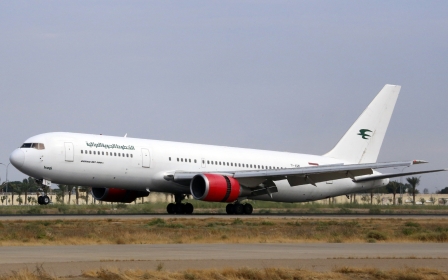Pro-Iran militia in Iraq warns of 'war' if president appoints intelligence chief as PM
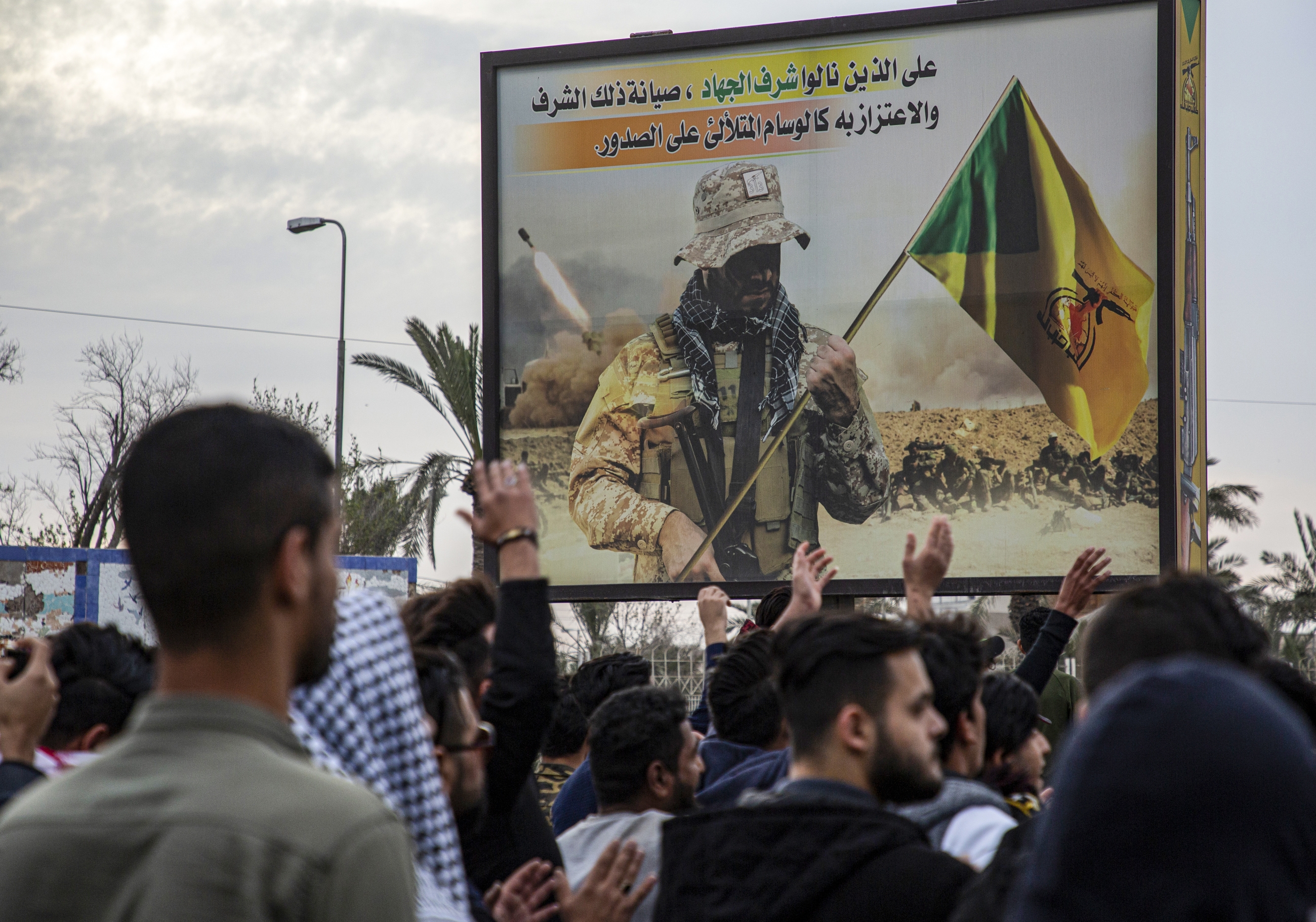
An Iraqi militia has accused the country's intelligence chief of being involved in the targeted assassination of Iranian commander Qassem Suleimani, and warned that his appointment as prime minister would mean "war on the people of Iraq".
Following last week's announcement that Prime Minister-designate Tawfik Mohammed Allawi would be unable to form a new government, rumours have swirled over who President Barham Salih would task with the job.
Mustafa al-Kazimi - who has been seen in the past as pro-Iran - was first mooted as a possible candidate in December, were the parties unable to decide on a candidate.
With the failure of Allawi, who was the agreed upon candidate of the two largest blocs in the parliament, the possibility of Salih appointing Kazimi has again resurfaced.
'[Mustafa al-Kazimi] is one of the people accused of helping the American enemy to carry out the crime of assassinating Hajj Soleimani and Hajj al-Muhandis,'
- Abu Ali al-Askari, spokesman Kataib Hezbollah
The prospect, however, has been greeted with alarm by Iran-backed groups such as Kataeb Hezbollah, who on Tuesday accused Kazimi of being involved in the January assassination of Suleimani and militia leader Abu Mahdi al-Mohandis.
"Some people have been circulating Mustafa al-Kazimi's name for PM position," said spokesperson Abu Ali al-Askari on Twitter.
"He is one of the people accused of helping the American enemy to carry out the crime of assassinating Hajj Soleimani and Hajj al-Muhandis."
He said that Kataeb Hezbollah, which is designated a terror organisation by the US, would rather see outgoing prime minister Adel Abdul Mahdi (who had been heading an interim government) remain in the role.
"We don't see [Kazimi's] nomination without announcing war on the Iraqi people, which will burn what remains of peace in Iraq," he added.
In a statement, the Iraqi National Intelligence Service described the comments by the militia as "an explicit threat to civil peace" and threatened to "prosecute all who use freedom of opinion to promote false accusations that harm Iraq and the organisation's reputation".
Popular rejection
Abdul Mahdi said on Tuesday that he would be stepping down from most of his duties as acting prime minister, a day after Allawi said he was withdrawing his candidacy.
Despite being nominated as a consensus candidate between the largest political blocs, Allawi was unable to secure parliamentary support for his cabinet, which was composed of technocrats and independents.
The move came in response to demands by Iraq's now five-month long protest movement, who are fiercely opposed to Iraq's dominant political parties.
Nevertheless, they were also highly critical of Allawi, seeing him as part of the much-hated political system.
More than 500 people have been killed since the beginning of the demonstrations, which have focused on corruption, unemployment and interference by foreign governments.
Protesters have rallied around Alaa al-Rikaby, a popular pharmacist and activist from the city of Nasariyah in Dhi Qar province, as a potential candidate for prime minister.
Middle East Eye propose une couverture et une analyse indépendantes et incomparables du Moyen-Orient, de l’Afrique du Nord et d’autres régions du monde. Pour en savoir plus sur la reprise de ce contenu et les frais qui s’appliquent, veuillez remplir ce formulaire [en anglais]. Pour en savoir plus sur MEE, cliquez ici [en anglais].


